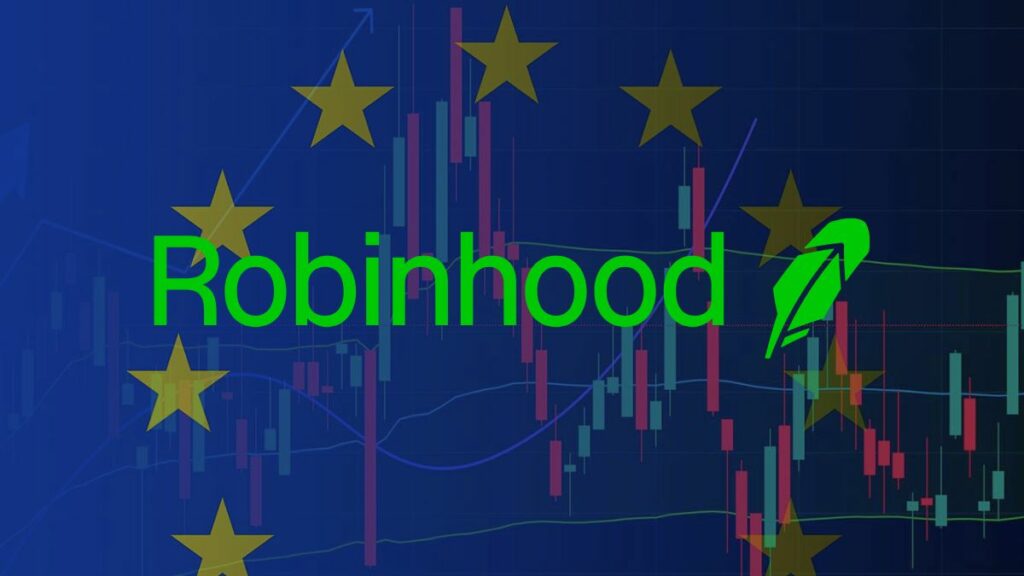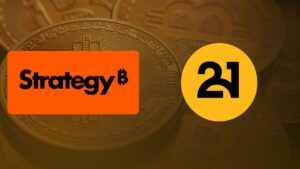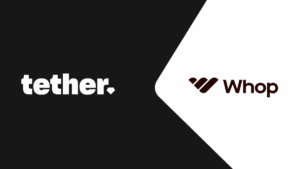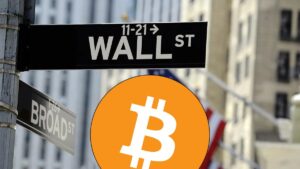TL;DR
- Robinhood launched over 200 tokenized U.S. stocks and ETFs on Arbitrum for EU/EEA users, offering zero-commission, 24/5 trading plus in-app dividend payouts.
- OpenAI publicly disavowed Robinhood’s so-called OpenAI tokens, warning they carry no equity or voting rights, which spurred EU regulators to probe potential misrepresentation.
- The Bank of Lithuania has opened a formal inquiry into token structure, disclosures, and consumer safeguards to ensure compliance with MiCA rules and securities laws.
Robinhood has vaulted into Europe’s tokenization race, offering over 200 tokenized U.S. stocks and ETFs to customers across the EU and EEA. Built on Ethereum’s Arbitrum network, these “stock tokens” let retail investors trade shares of Apple, Tesla, and even private companies like OpenAI and SpaceX with zero commissions and 24/5 access.
But the brokerage’s gambit has hit a regulatory speed bump: after OpenAI publicly disavowed any partnership, EU watchdogs are demanding answers on legality and investor disclosures.
Tokenizing TradFi for the Crypto Era
At its “To Catch a Token” event in Cannes on June 30, Robinhood unveiled a suite of blockchain-powered products for EU clients. Users can now trade tokenized versions of more than 200 U.S. stocks and ETFs, complete with dividend payouts in-app.
The tokens, essentially price-tracking derivatives, are issued on Arbitrum and planned to migrate to Robinhood’s own Layer-2 chain later this year. By marrying traditional equities with crypto rails, Robinhood aims to transform its European app from a crypto wallet into a full-service investment platform.
OpenAI’s Alarm Triggers Regulatory Scrutiny

Controversy erupted when OpenAI took to X to clarify that Robinhood’s so-called OpenAI tokens carry no equity or voting rights and were never approved by the company. Investors were warned to “be careful”, a rare public rebuke that spotlighted potential misrepresentation. Elon Musk chimed in, labeling the tokens “fake,” further stoking market jitters and drawing the gaze of EU regulators.
Bank of Lithuania’s Probe and Compliance Questions
As Robinhood Europe operates under the supervision of the Bank of Lithuania, the central bank has formally requested detailed information on token structure, disclosure language, and consumer protections.
Lithuanian officials stressed that only after a thorough review can they assess whether these tokenized assets comply with MiCA rules, securities laws, and fair marketing standards. At stake is a precedent for on-chain equities in a jurisdiction known for balanced yet stringent crypto oversight.
Robinhood’s push into tokenized stocks underscores the promise of blockchain to democratize global markets. Yet the clash with regulators and corporate IP owners highlights the fine line between pioneering new financial products and upholding investor safeguards.










